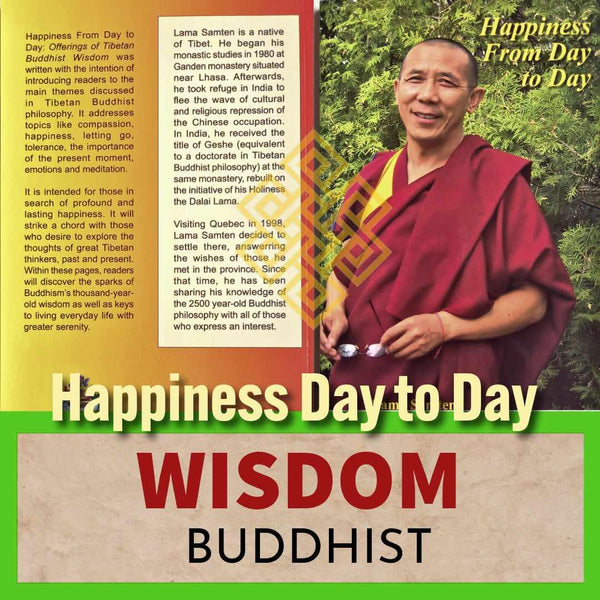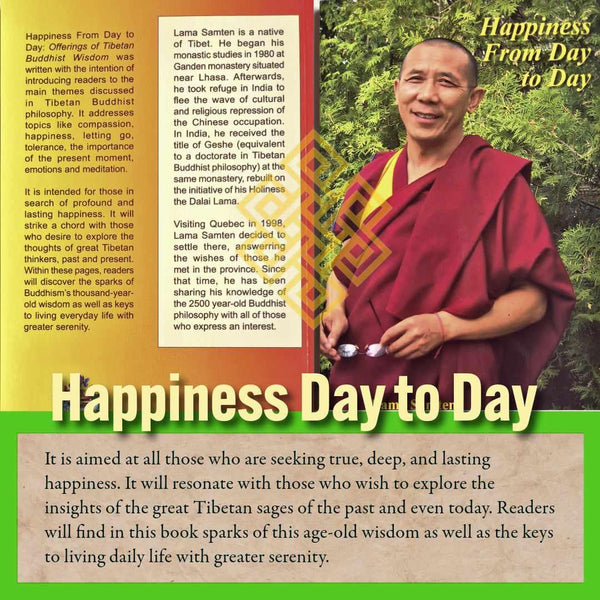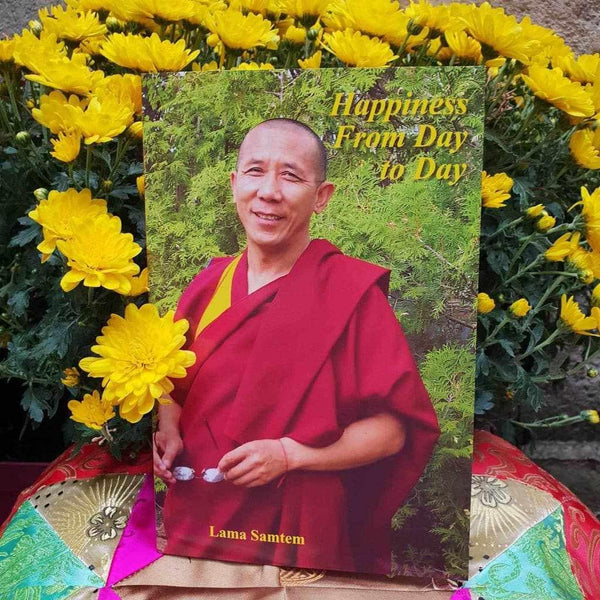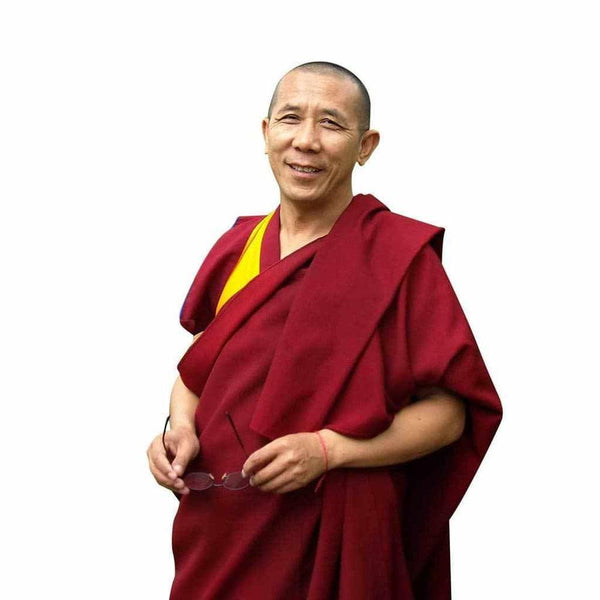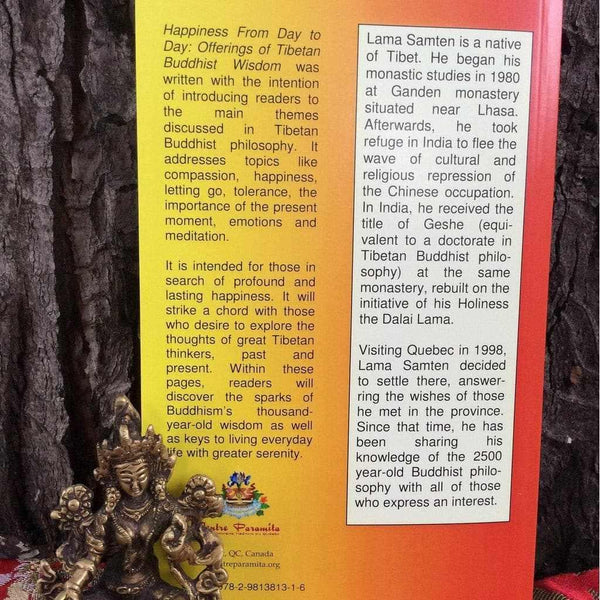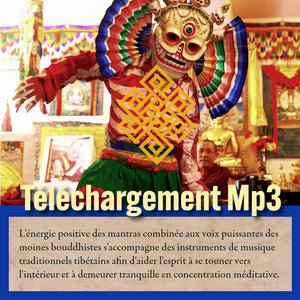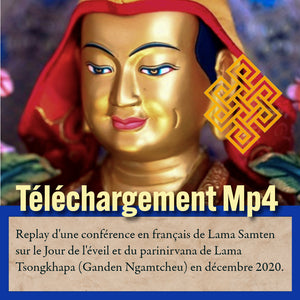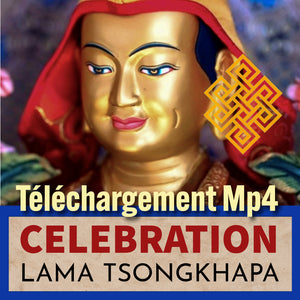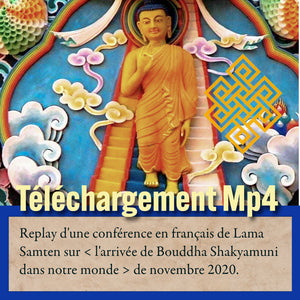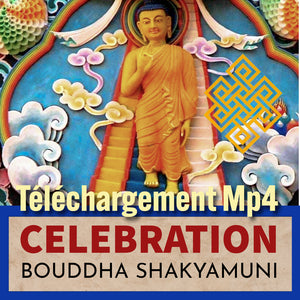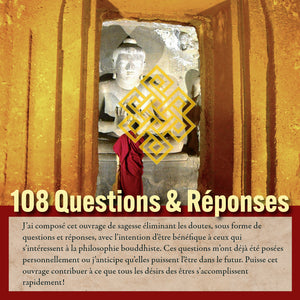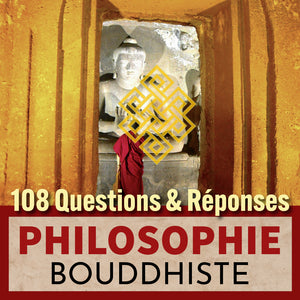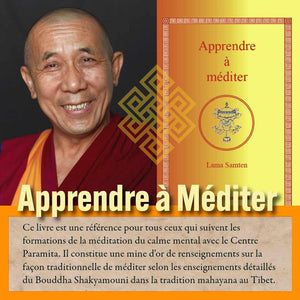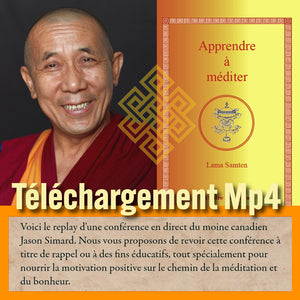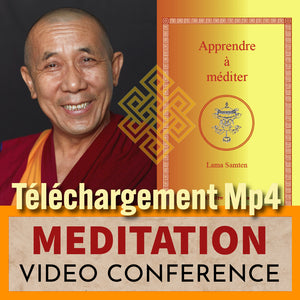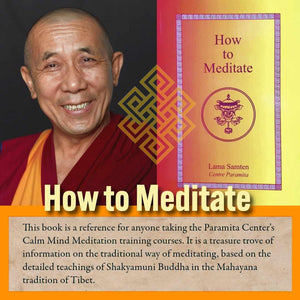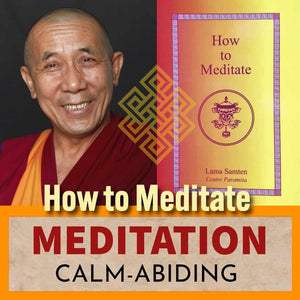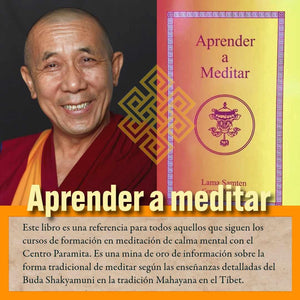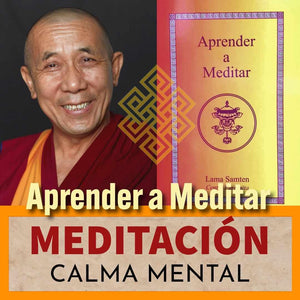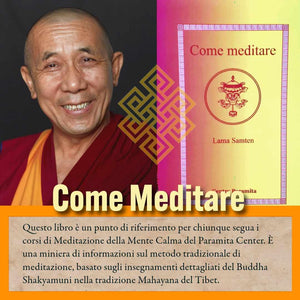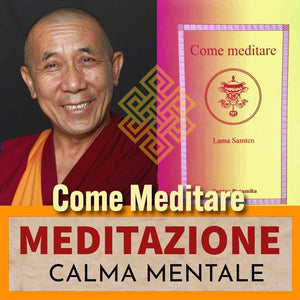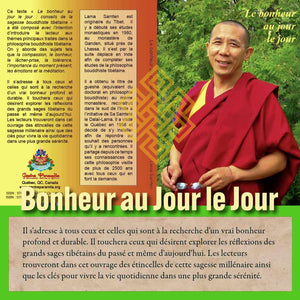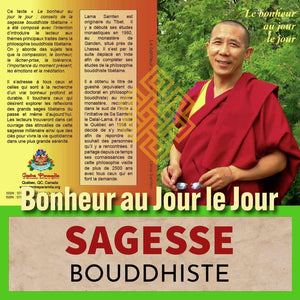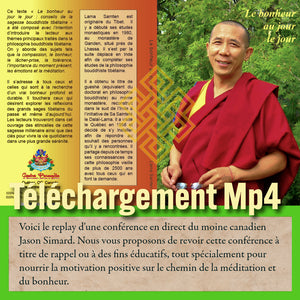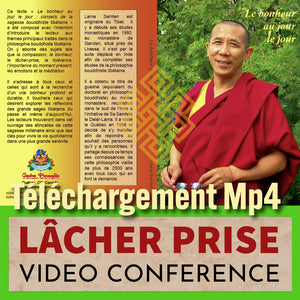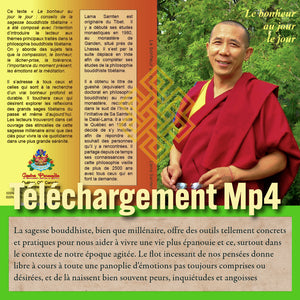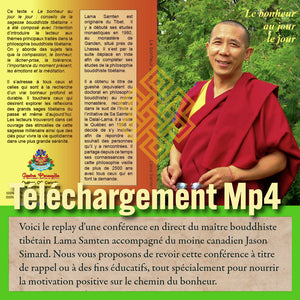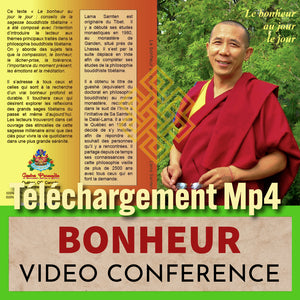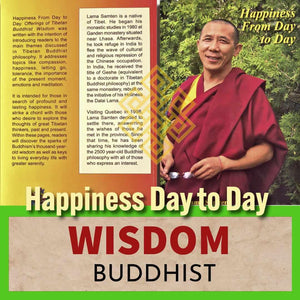Happiness from Day to Day
Frais d'expédition calculés à l'étape de paiement.
En stock
Description
Happiness from Day to Day as an offerings of Tibetan Buddhist Wisdom was written with the intention of introducing readers to the main themes discussed in Tibetan Buddhists philosophy. It addresses topics like compassion, happiness, letting go, tolerance, the importance of the present moment, emotions and meditation.
It is intended for those in search of profound and lasting happiness. It will strike a cord with those who desire to explore the thoughts of great tibetan thinkers, past and present. Within these pages, readers will discover the sparks of Buddhism`s thousand-year-old wisdom as well as keys to living everyday life with greater serenity.
Foreword
This text, Happiness From Day to Day: Offerings of Tibetan Buddhist Wisdom, was written with a loving and compassionate intent. It builds on the logical analysis and substantiated reasoning valued in Buddhism and was written in the hopes of being beneficial to a long tradition of truth seekers, Buddhists and non-Buddhists alike.
Particularly, it is dedicated to those who, in these days especially, need to find well-being and want to solve day-to-day problems. I warmly and freely invite those interested to read in joy!
Endowed with the wisdom resulting from reading and listening, we can easily awaken the power of reflection and meditation within ourselves. Then the means to find joy will be easily accessible.
Geshe Lobsang Samten
1. Recognizing self-grasping in order to let goThese days, we often talk about the importance of ‘letting go’. However, if we don’t know how to identify properly what exercises a hold over us, we can’t know how we should let go. It would be like trying to catch a robber if we didn’t know what he looked like or if we wanted to hit a target with an arrow without being able to see it.
It’s self-grasping that must be recognized; it is usually expressed by the words ‘me’ and ‘my’. In more common terms we could also call it ‘the ego’. Freeing ourselves from this attachment to our ego is what we can call ‘letting go’. Thus, it’s towards this inner troublemaker, which is the ego or the self-grasping attitude, that we must release our hold on. Letting go doesn’t, therefore, signify having to abandon what is external: friends, work, family, relationships, material possessions, etc.
This feeling of ‘me’, that we call the self, is something that we consider essential and that emanates deep from within our heart. We don’t consider ‘others’ in the same way. This stems from our very strong self-grasping attitude. Yet, we are to others in our wish to avoid suffering and to be happy. If we continually meditate on this, the problems that presently assail us one after another will cease to arise.
Whether you are a woman or a man, young or old, rich or poor makes no difference. Even animals have this self-grasping attitude. If the ego troubles the happiness of animals by making them fight, it goes without saying that it will also trouble the happiness of humans. For example, it might happen that very poor people like the homeless argue and quarrel to defend a simple space to sleep. The selfgrasping attitude can also be present in those who are rich. For example, a person who thinks uniquely of making money will have difficulty sleeping and will spend most of his time working, maybe not even making enough time for essentials like eating properly. In the same way, a person overly preoccupied with protecting his possessions would not have a moment’s peace and would spend all his life worrying. This kind of person would not be able to take advantage of the wonderful benefits and freedoms of human life. His life would be empty of meaning.
The grasping at ‘self’ has existed since the most ancient times. For example, the Compassionate Teacher who, after applying the antidotes for six years in the sacred land of India, succeeded at completely letting go of the two types of selfgrasping. He achieved the ultimate result of sublime happiness.

